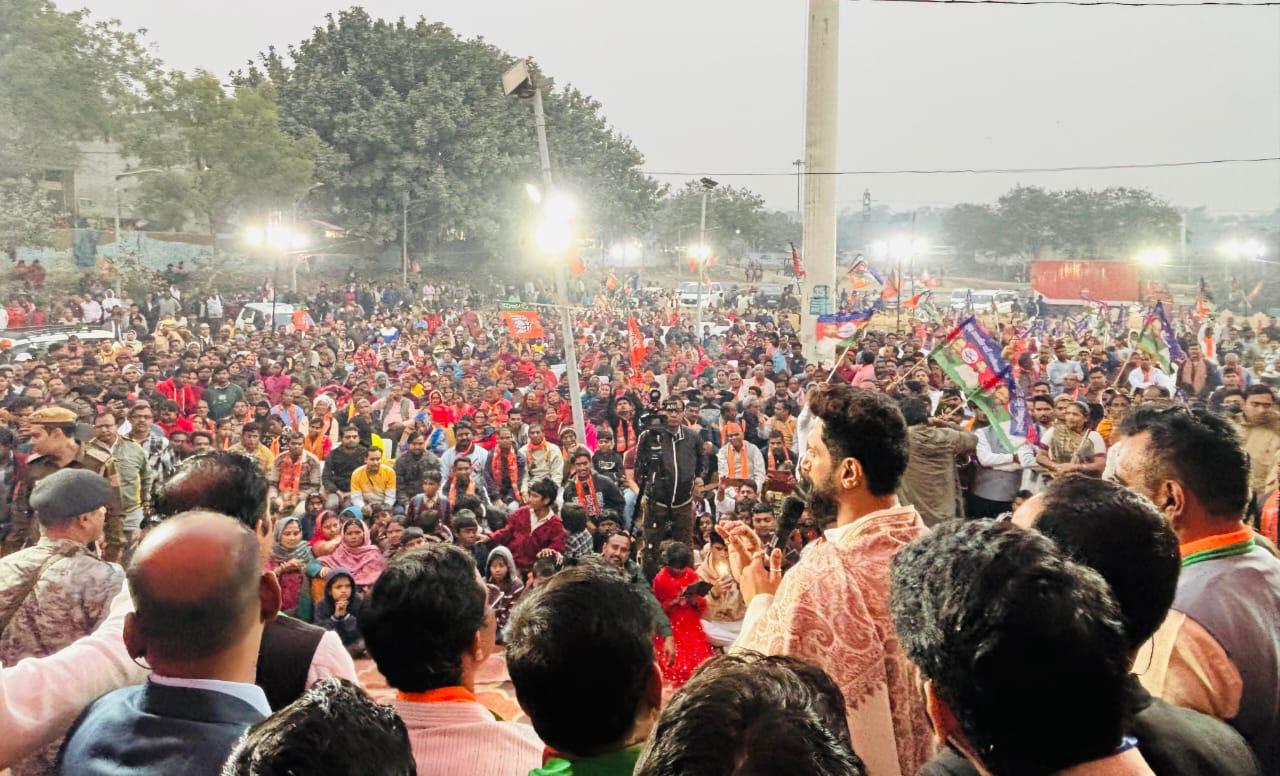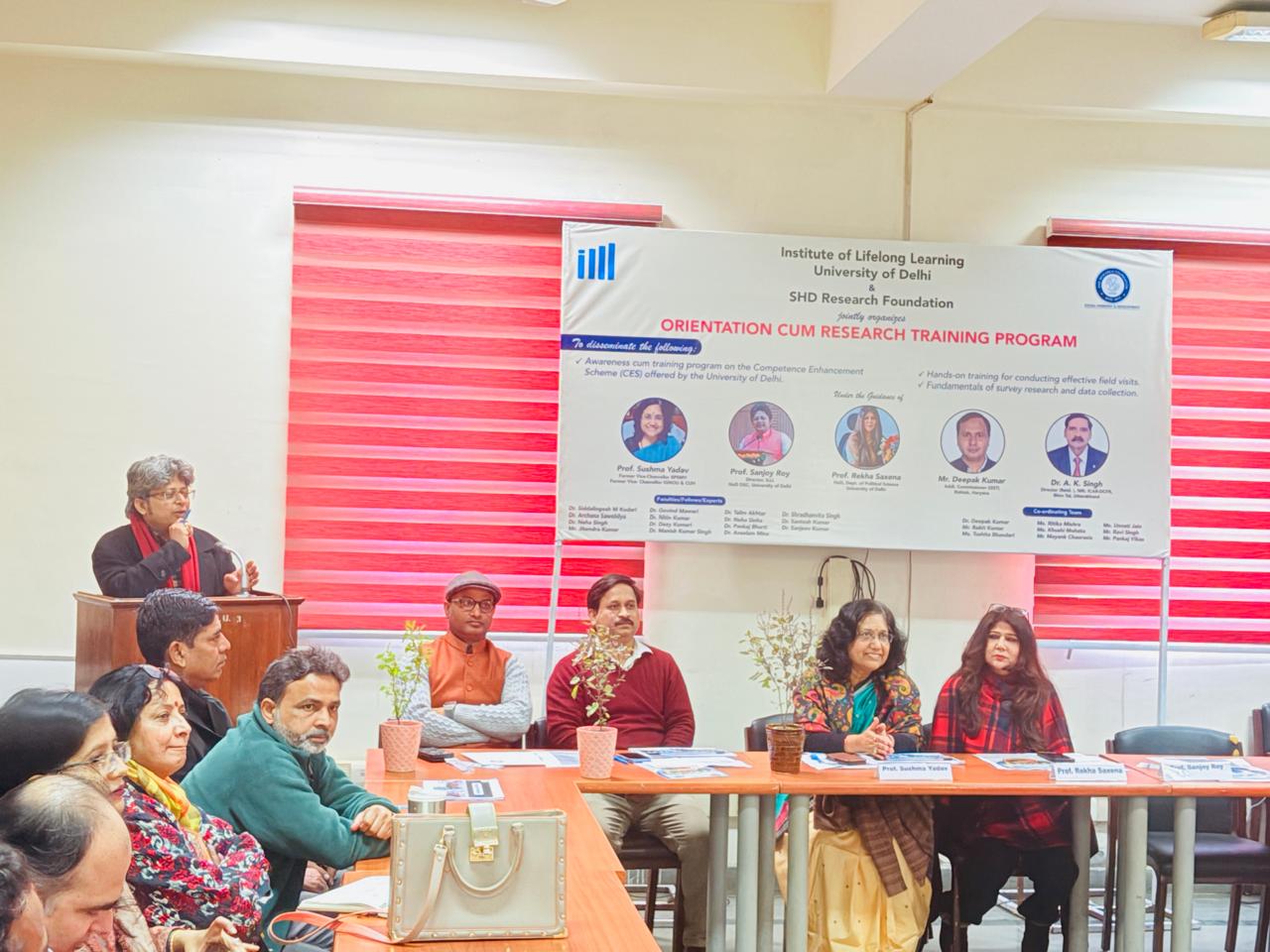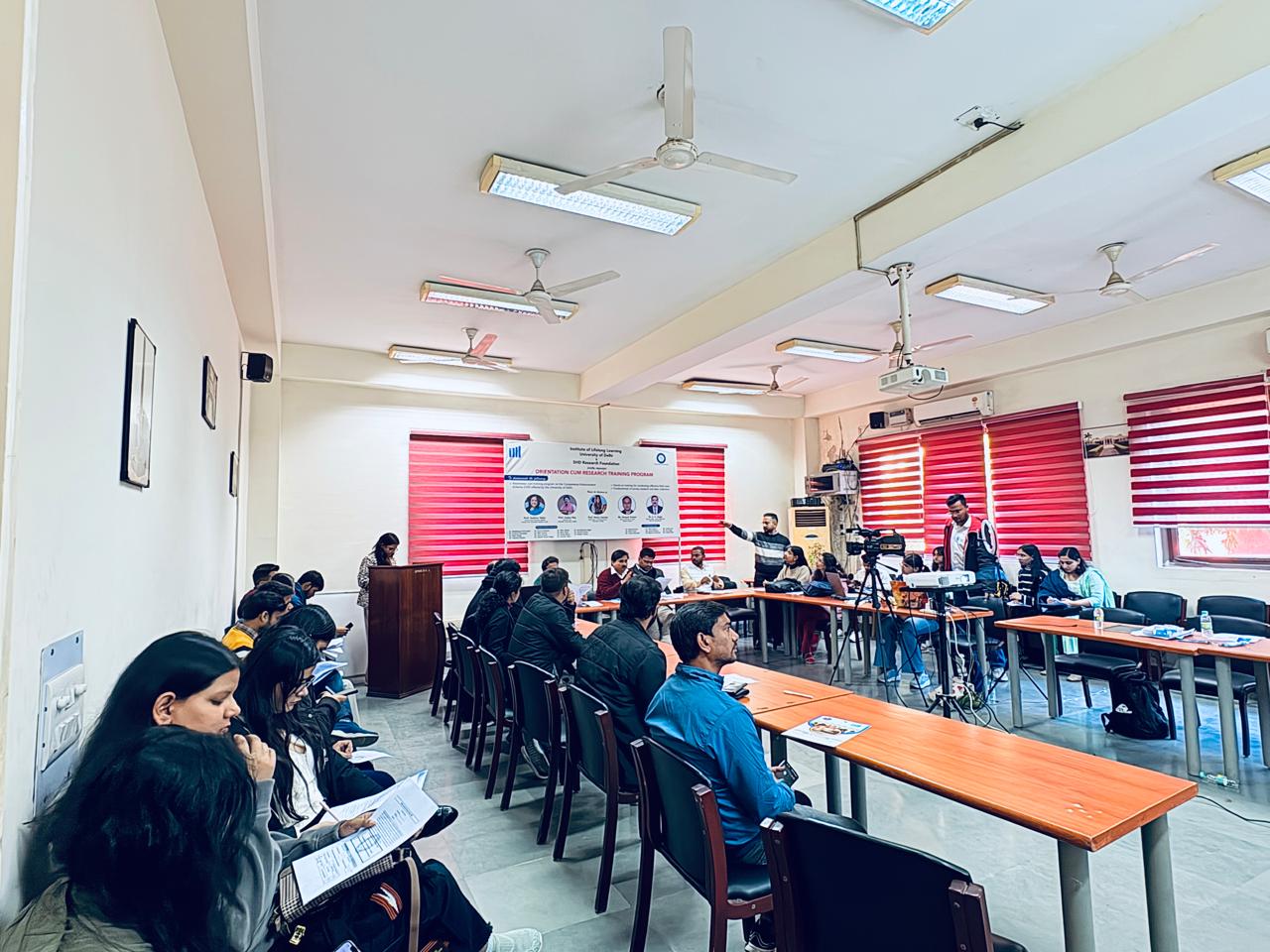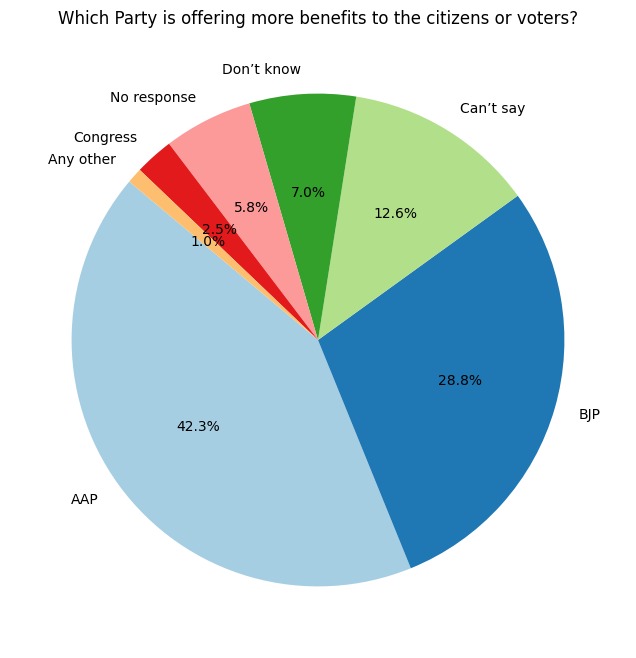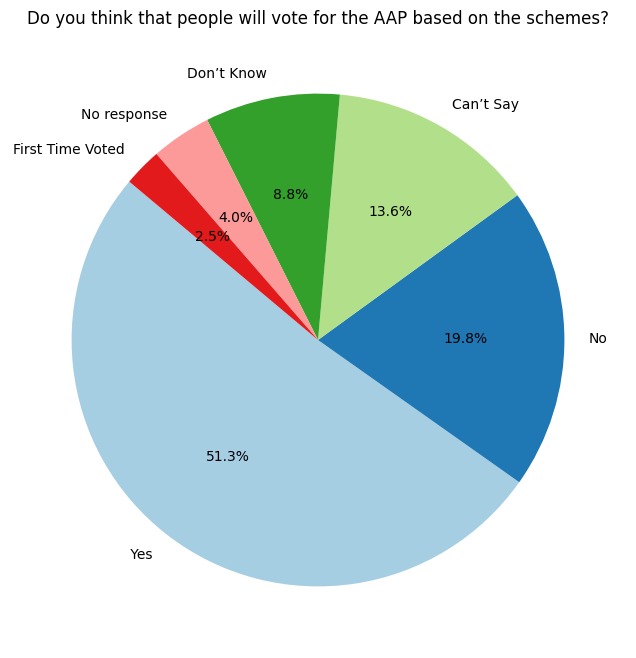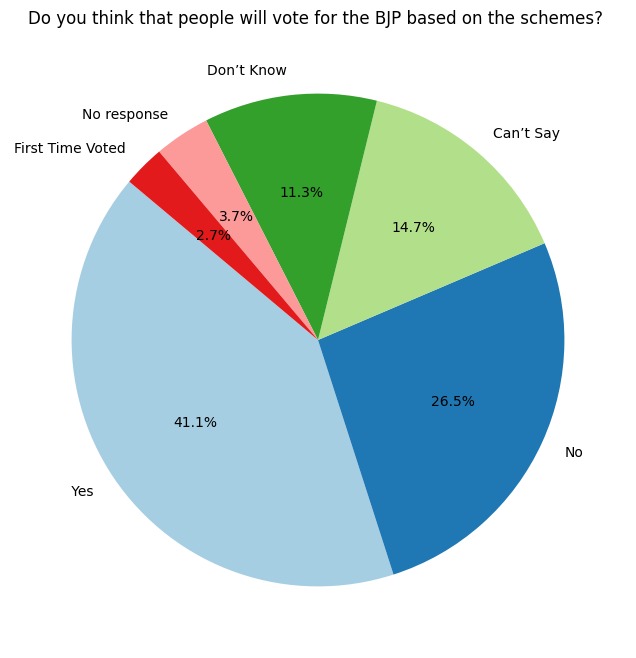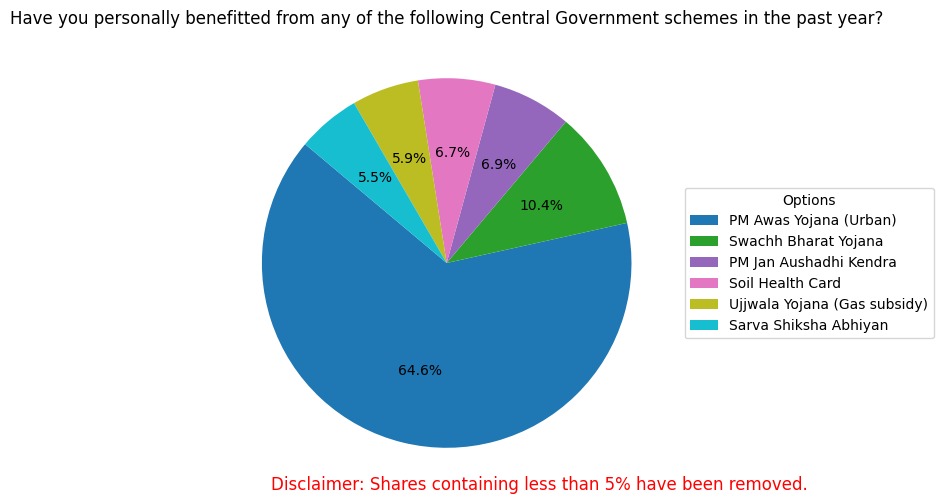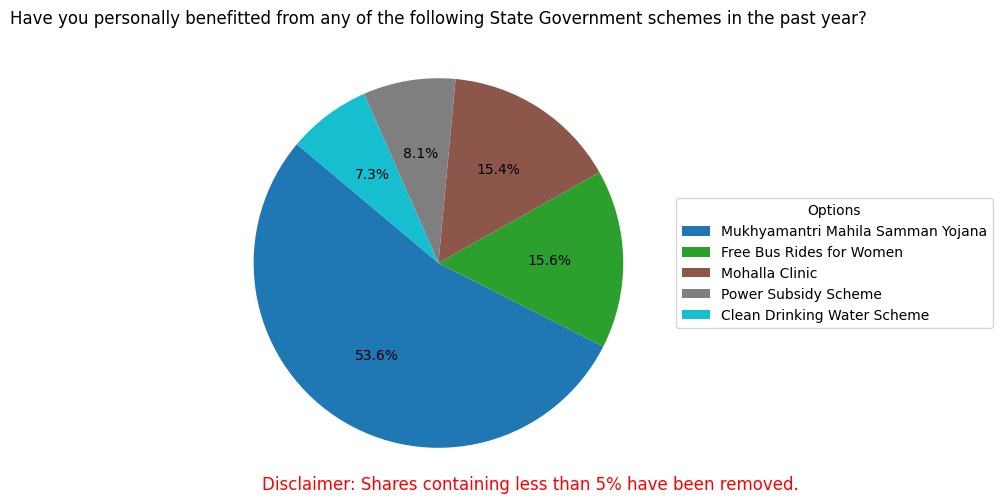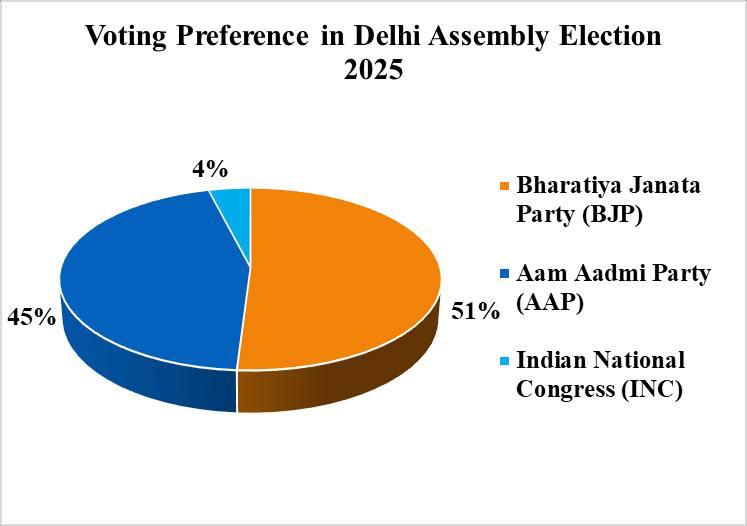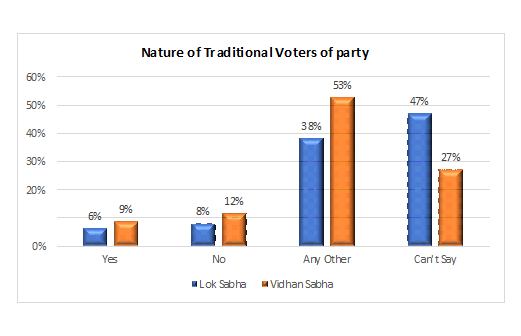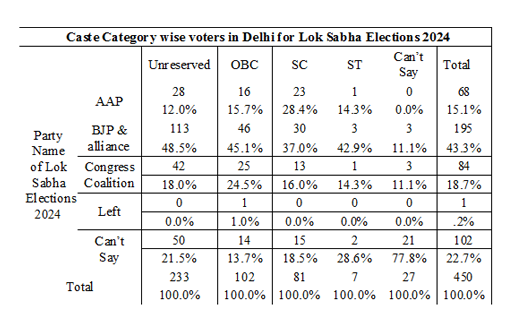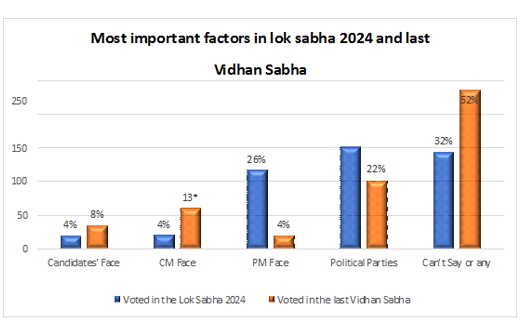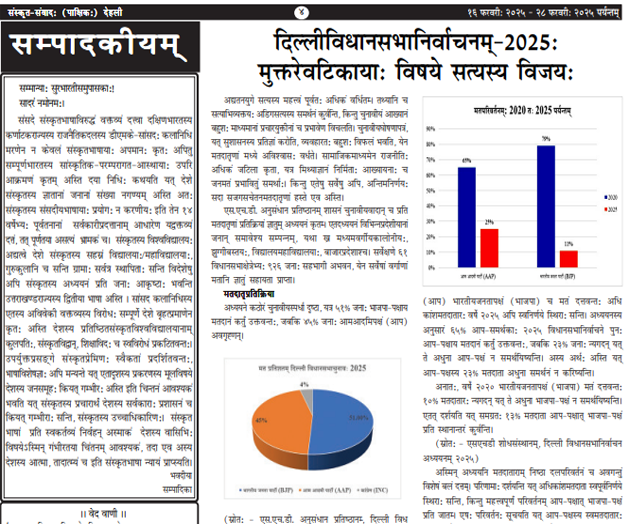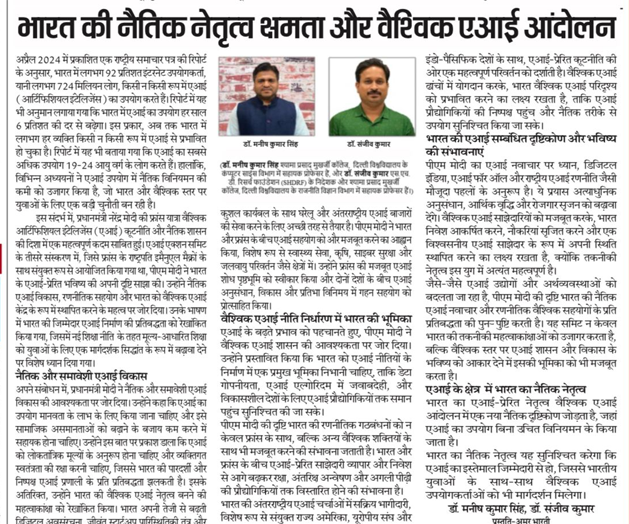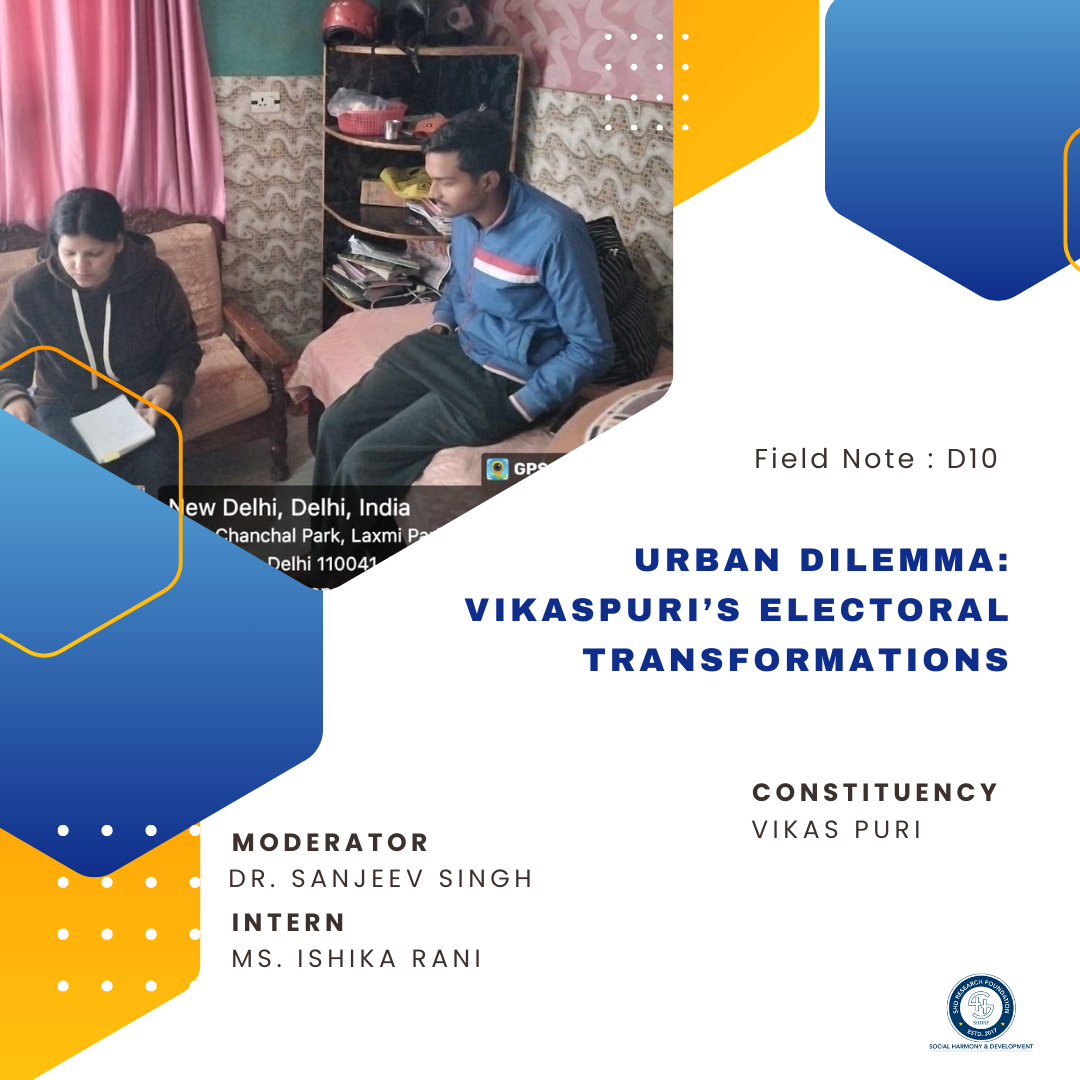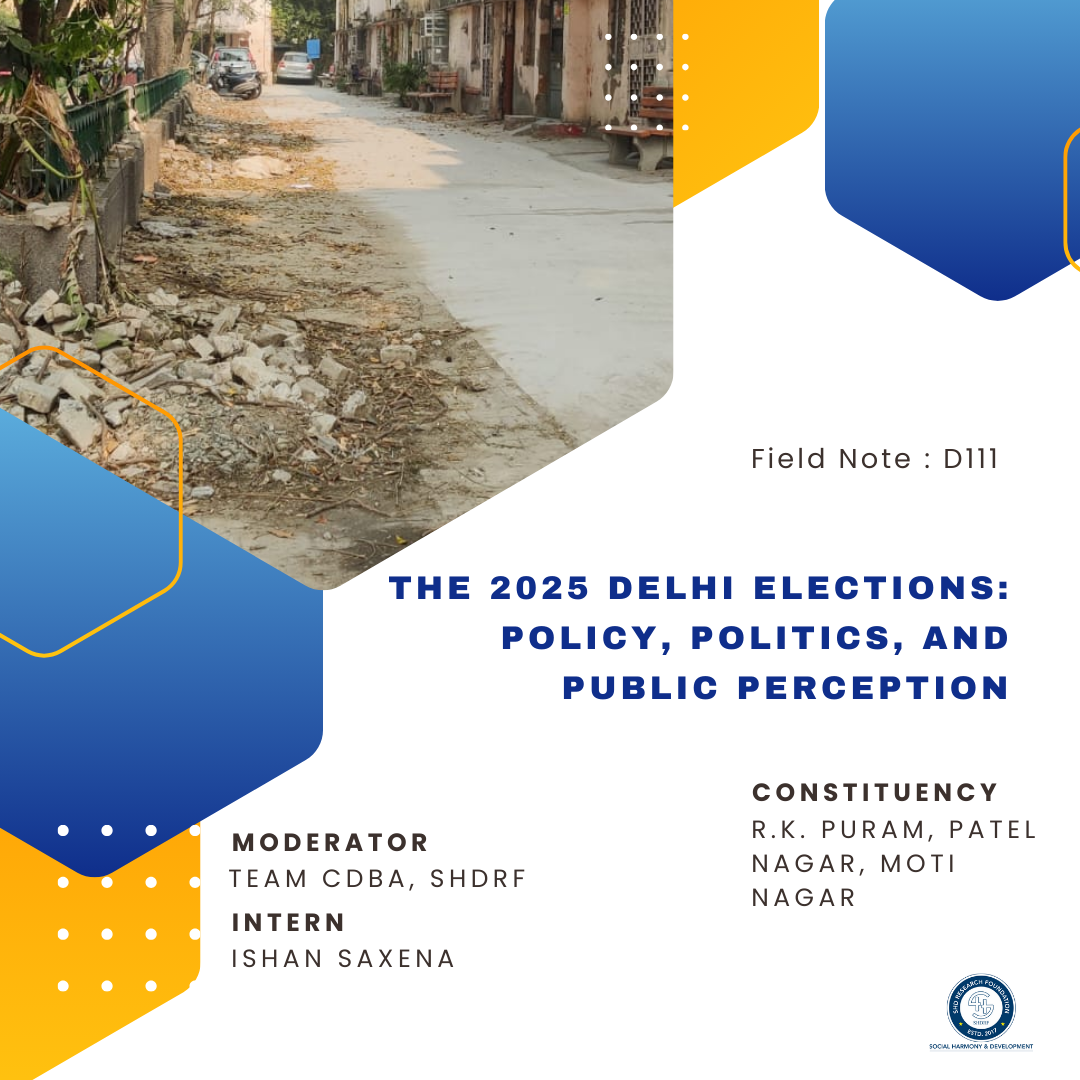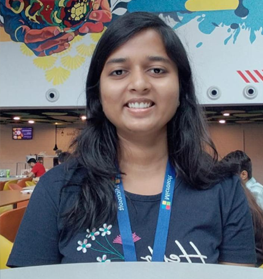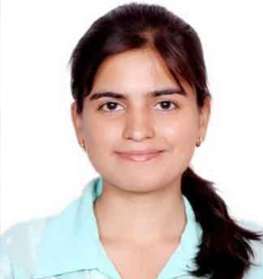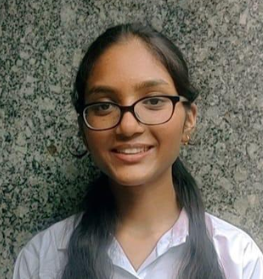- shdrfoundation@gmail.com
- Delhi
The Centre for Data and Behavioral Analytics (CDBA) is dedicated to understanding and leveraging data-driven insights to analys and influence human behavior. By integrating advanced data analytics with behavioral science, the center aims to uncover patterns, predict trends, and develop actionable strategies for businesses, governments, and organizations. CDBA focuses on a wide array of sectors, including marketing, public policy, healthcare, and finance, offering a robust platform for research, consultation, and training. Through its initiatives, CDBA empowers stakeholders to make informed decisions that are both efficient and ethical.

Dr. Manish KumarSenior Fellow

Dr. Shradhanvita SinghFellow

Ms. Anubha SinghPrincipal Researcher
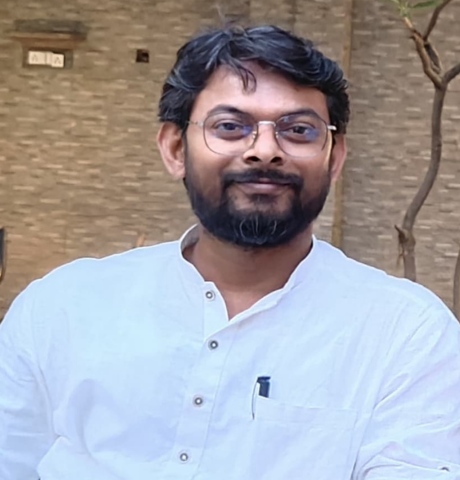
Mr. Deepak KumarAssociate Fellow

H.B. SiddhantAssociate Fellow
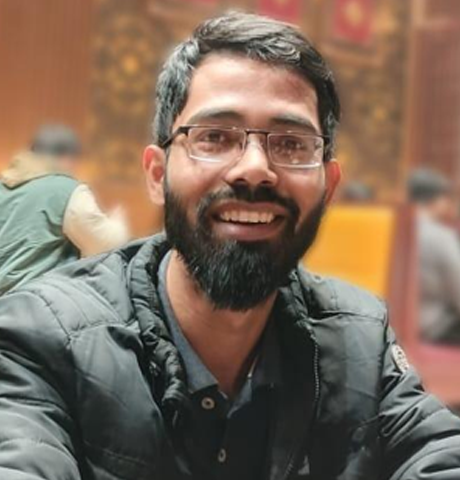
Suman KumarAssociate Fellow
Winter Internship: 2025
Understanding Electoral Behavior: A Study of Delhi Assembly Election 2025
Project Director: Dr. Sanjeev Kumar
Principal Researcher : Ms. Anubha Singh
Research Coordinators: Dr. Manish Kumar, Dr. Deepak Kumar
Interns: Anupama, Naman, Shweta
About the Study: This study is a continuation of the research on electoral behavior undertaken by the Centre for Democratic Behavior and Analysis (CDBA), SHD Research Foundation, in 2024. The earlier study focused on understanding election-induced behavior among the public following the General Election of India in 2024. The findings from the previous research are currently under publication. The current study aims to examine the continuity of the previous findings, not only in terms of the results but also in terms of the methodological approach. A longitudinal research method is being employed to analyze data from randomly selected populations, as well as stratified samples in proportionate ratios, across various constituencies in Delhi.
This research focuses on everyday concerns of the public, such as health, transportation, education, infrastructure, popular narratives, and both short-term and long-term societal and political issues. It seeks to understand how these factors shape voters’ perceptions, attitudes, and preferences. To uphold ethical and responsible research practices, all data collected from respondents will be made accessible to the public. Additionally, the outcomes of the study will be shared with the respondents, ensuring transparency and inclusivity in the research process.
Project Title: The Impact of Fake News on Electoral Politics in India
Principal Investigator: Dr. Manish Kumar and Dr. Sanjeev Kumar
Interns: Naval – Social media analysis.
About the Study: This study examines the pervasive impact of misinformation on Indian elections, untying the complexities and consequences of deceptive narratives on the democratic process. It explores the role of social media in disseminating fake news, the manipulation tactics employed by political entities, and the challenges faced by fact-checking organizations. Further, it exposes the effects of individuals' political beliefs and cultural values on fake news believability, using survey data collected from participants across regions in India. By understanding the dynamics of disinformation, the team aim to contribute to the development of strategies to mitigate the impact of fake news on electoral politics in India.
